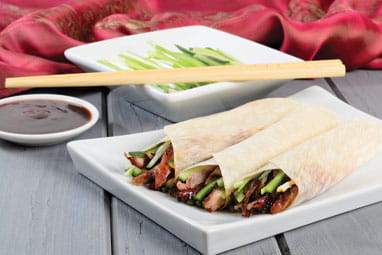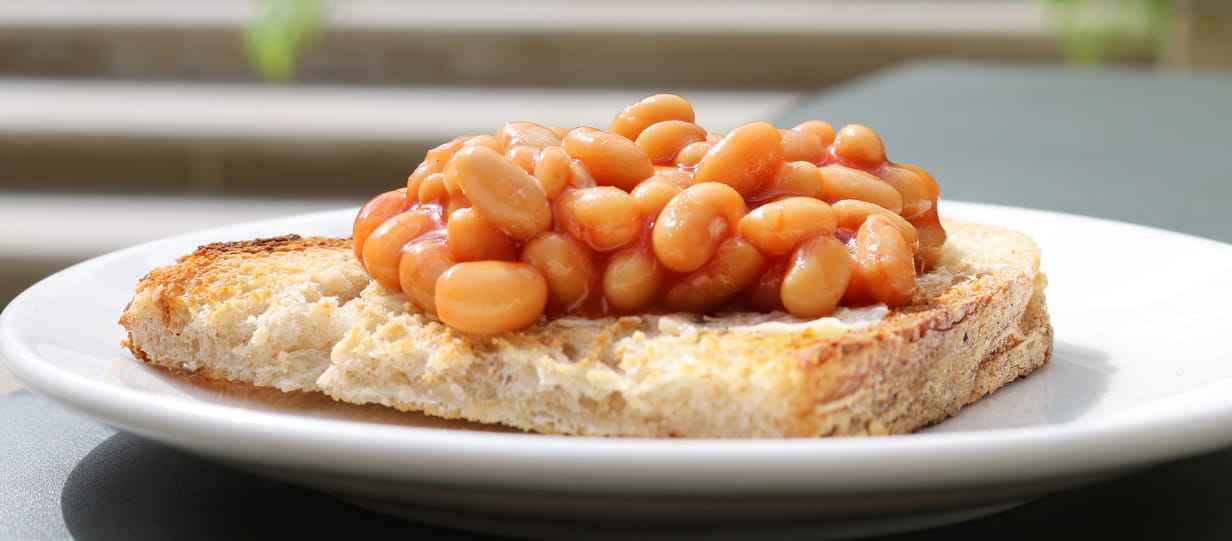Homes
Practical advice, real-life reviews and design inspiration to help you create the home you’ve always wanted.

The foolproof guide to perfect pancakes – and which recipe is best
We tested the most popular recipes and asked chefs to share their top tips for stress-free Shrove Tuesday pancakes.

New household bin laws: all you need to know
The Simpler Recycling scheme means you could soon have five different rubbish bins. Here’s what needs to go where.

How to cook Chinese food in an air fryer - with 3 easy recipes to try
We've got expert advice on how to cook up a feast in your air fryer in minutes.

The foods you should “never” reheat – and why the rules aren’t as strict as you think
From rice to roast chicken, there’s a lot of confusing advice about leftover food. We asked the experts to separate fact from fiction.

Calming bedroom ideas: designing a restful room for better sleep
How to create a restful oasis to help you get a good night's sleep.

The best baked beans: tried and tasted
We put the top tins to the test to find out which brand makes the best baked beans.

Are you stacking your dishwasher all wrong?
The experts explain the perfect way to load your dishwasher.

Expert house cleaning shortcuts
We share clever cleaning secrets to save you time and effort with expert shortcuts.

Cleaning tips from a stately home
Christine Robinson, former head housekeeper at Chatsworth House, shares her secrets to a gleaming home.

How to cook Chinese food in an air fryer - with 3 easy recipes to try
We've got expert advice on how to cook up a feast in your air fryer in minutes.

The foolproof guide to perfect pancakes – and which recipe is best
We tested the most popular recipes and asked chefs to share their top tips for stress-free Shrove Tuesday pancakes.

How to get rid of fleas naturally - 8 expert tips
Ditch the chemicals with these simple steps to banish fleas from your home.

The best Austrian wines chosen by our expert
Wake up to the joys of Austrian wine and add some fine insider favourites to your must-drink list.

Water saving for toilets - 7 simple ways to reduce waste
Top tips to reduce your toilet water usage, so you don't flush money down the loo.

For a limited time, enjoy 3 issues of Saga Magazine for just £1. Receive the next 3 print editions delivered direct to your door, plus 3 months’ unlimited access to the Saga Magazine app—perfect for reading on the go.
Don’t miss your chance to experience award-winning content at an exceptional price.
Play our free daily puzzles
Beat the boredom and exercise your mind with our selection of free puzzles.



